What Causes an Increase in Glucose Level
For diabetic patients, it is important to understand the causes of increased glucose levels and thus be able to take the necessary measures so that blood glucose levels remain within the desired ranges.
It is important to highlight that when ingesting any type of carbohydrate, such as sugar, starch, fruit, milk, among others, the body breaks them down into simple sugars. They are absorbed into the bloodstream and insulin is responsible for removing them from the blood so that they can later be used to produce energy.
In people who do not suffer from diabetes, the body is able to secrete the right amount of insulin to match the food ingested. In diabetic patients, it is necessary to use their own medications or insulin injections to be able to carry out this process.
Therefore, if you have diabetes, it is important that you know the causes of increased glucose levels and always pay attention. Check out the causes and everything related to this subject below.
Glycemia: The Concentration of Glucose in the Blood
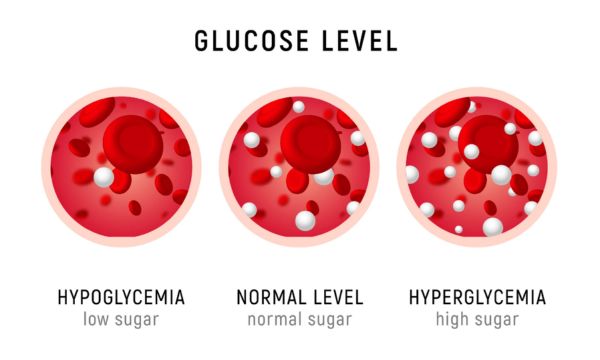
Glucose Level
First of all, you need to know a little more about what blood glucose is. It basically concerns the amount or concentration of glucose present in the blood. It is an indicator of blood sugar regulation and is normally used to monitor and diagnose various conditions, such as diabetes.
Blood glucose is measured in milligrams of glucose per deciliter of blood (mg/dL), and depending on diet and other external factors, it may vary throughout the day.
Normal fasting blood glucose values are in the range 70 to 100 mg/dL. However, depending on the laboratory and according to medical guidelines, these values may vary.
What is Hyperglycemia
Hyperglycemia is a condition characterized by an increase in blood glucose levels, above values established as normal. This usually happens when the body is unable to correctly regulate blood sugar levels, which occurs in individuals with diabetes.
Symptoms of Hyperglycemia
Among the most common symptoms of hyperglycemia, we can mention:
- Tiredness;
- Frequent urination;
- Excessive thirst;
- Constant hunger;
- Blurry vision;
- Tingling in the legs;
- Numbness;
- Pain;
- Mental confusion (in more serious cases).;
Causes of Hyperglycemia
There are several causes of increased glucose levels, and they may vary from one person to another, as well as their specific medical condition. See the main causes:
Diabetes: Hyperglycemia is a characteristic of both type 1 and type 2 diabetes. In type 1, the body cannot produce enough insulin, whereas in type 2, the body’s cells do not respond adequately to insulin.
Poor Monitoring of Diabetes: People with diabetes can have hyperglycemia if they do not control their glucose levels properly with the use of medication, healthy eating and regular exercise.
Infections: Urinary tract infections, or respiratory infections, can increase blood glucose levels because of the stress they place on the body.
Physical or Emotional Stress: Stressful situations, such as surgery, trauma or emotional stress, can cause a temporary increase in blood sugar levels due to the release of stress hormones, such as cortisol.
Use of Certain Medications: Some medications, such as corticosteroids and certain blood pressure medications, can raise blood glucose levels.
Poor Diet: Eating foods rich in carbohydrates or large amounts of sugary foods can lead to hyperglycemia.
Lack of Exercise: Lack of some type of regular physical activity can make it difficult to control blood sugar levels.
Underlying Medical Conditions: Certain medical conditions, such as pancreatic or hormonal diseases, can directly affect glucose regulation in the body and, consequently, lead to hyperglycemia.
Risks of Hyperglycemia
Hyperglycemia, if not treated appropriately, can cause serious health complications, especially in diabetic patients. These are some of the main risks:
Complications of Diabetes: Chronic hyperglycemia can lead to serious complications of diabetes, such as kidney problems, cardiovascular disease, diabetic retinopathy, diabetic neuropathy and peripheral vascular disease.
Diabetic Ketoacidosis: In extreme cases, especially in individuals with type 1 diabetes, this potentially fatal condition may appear, which is characterized by the accumulation of ketones in the blood, leading to metabolic acidosis.
Recurrent Infections: Hyperglycemia can weaken the immune system, making people with diabetes more susceptible to infections, such as urinary tract infections, skin infections and respiratory infections.
Cardiovascular Diseases: If hyperglycemia is not adequately controlled, it can increase the risk of cardiovascular diseases, including hypertension, atherosclerosis and coronary heart disease.
Eye Problems: Diabetic retinopathy can cause vision loss if not treated properly.
Kidney Problems: Uncontrolled hyperglycemia can damage the kidneys in the long term, leading to kidney problems, including kidney failure.
Foot Problems: Poor blood circulation and diabetic neuropathy can increase the risk of foot wounds that do not heal properly, which can lead to serious infections and even amputations.
Ways of Treating Hyperglycemia
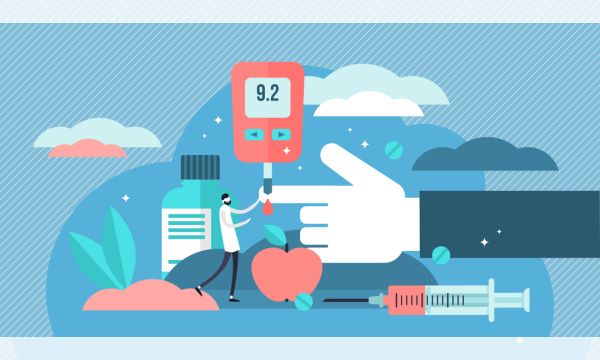
Ways of Treating Hyperglycemia
Hyperglycemia is treated with insulin injections or medications prescribed by your doctor to combat diabetes. Likewise, carrying out regular physical activities can help lower blood sugar.
Conclusion
As we can see, it is essential to know the causes of increased glucose levels, especially if you suffer from diabetes or are at risk of developing the disease. Treatment of hyperglycemia usually involves dietary adjustments, increased physical activity, prescription medications and, in more severe cases, insulin. If you are concerned about hyperglycemia, it is essential to consult a healthcare professional for proper diagnosis and treatment as soon as possible.
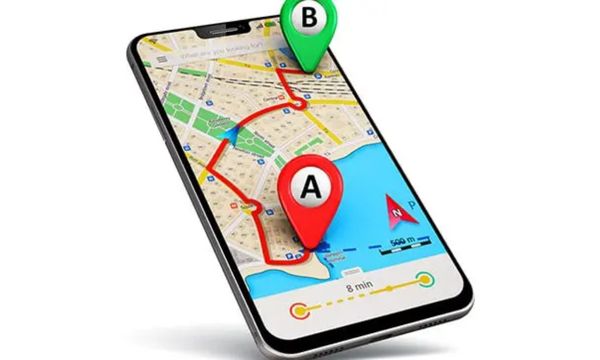 How to Use Your Cell Phone’s GPS Without Internet
How to Use Your Cell Phone’s GPS Without Internet
Ad Have you ever thought about using your cell phone’s GPS without internet? Yes, that’s right! Internet […]
More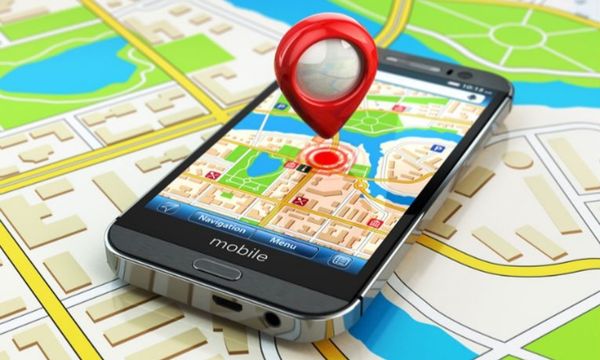 The 5 Best GPS Apps to Download in 2023
The 5 Best GPS Apps to Download in 2023
Ad We all already know that there are an infinite number of navigation apps. Therefore, in today’s […]
More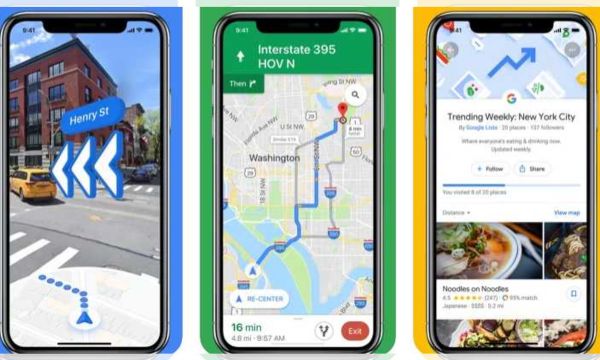 Free Apps to Access Offline Maps on your Smartphone
Free Apps to Access Offline Maps on your Smartphone
Ad If you ended up here, it’s probably because on some occasion you were using a navigation […]
More